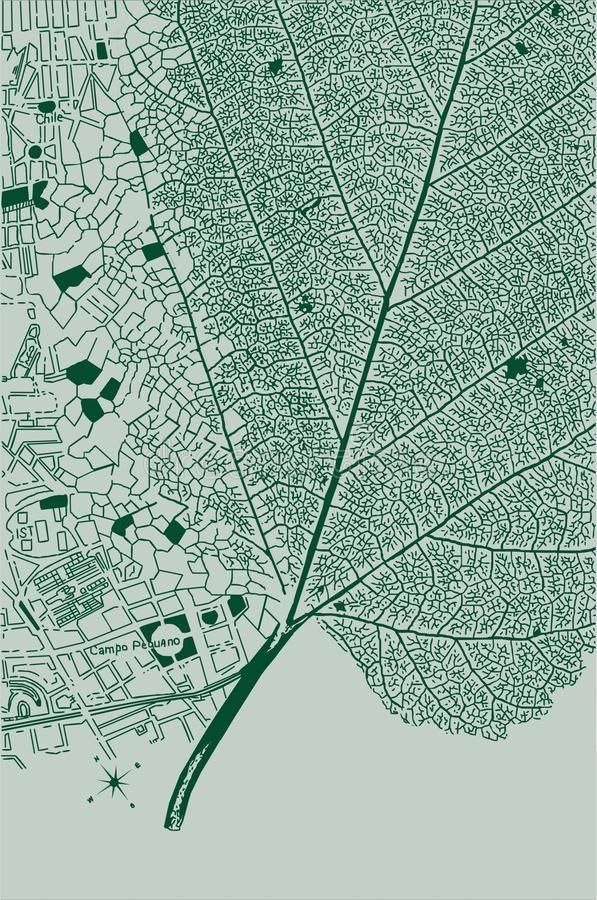
The Ideology of Wholeness is Known as AREAISM
Areaism is an ideology that sees the world not as a collection of competing parts, but as a series of nested, living wholes, starting with the person and scaling up, from households through the landscape. It is a return to a fundamental truth that Sectoralism has forced us to forget: healthy systems are integrated, not fragmented.
The Ideology of Wholeness is Known as AREAISM
Institute of Area Management (-IAM-), Iba, Zambales Philip G. Camara, Founder September 22, 2025
Areaism is an ideology that sees the world not as a collection of competing parts, but as a series of nested, living wholes, starting with the person and scaling up, from households through the landscape. It is a return to a fundamental truth that Sectoralism has forced us to forget: healthy systems are integrated, not fragmented. And they have self-regulating mechanisms the keep the whole healthy (can bounce back quickly after a major stressor).
This wholeness unfolds in natural, observable hierarchies:
The Person: The foundation is the whole person—a complete being with physical, social, and spiritual needs, not merely a unit of labor or consumption.
The Household: The person belongs to a household, the fundamental socio-economic unit. The household is a whole system of care, production, and consumption whose well-being is the primary goal of a healthy economy.
The Settlement & Ecosystem: Households form settlements that are not random dots on a map. They are intrinsically linked to the ecosystem assets that sustain them—a river, a coastline, a fertile valley. In an archipelagic nation like the Philippines, this manifests as the ridge-to-reef system, a single, indivisible ecological whole that connects the mountains, plains, and sea. To manage one part without considering the others is illogical.
The Commercial Unit: These settlements naturally interrelate. Smaller municipalities and barangays form a "whole commercial unit" with a larger town that acts as a wholesale and service hub. This is not an abstract market, but a living, place-based economic ecosystem where goods, services, and capital circulate among domiciled households.
This brings us to the Biodistrict. The Biodistrict is not an arbitrary political line; it is the ideal minimum unit for Areaism Development because it is the smallest scale that naturally contains all of these living wholes. It has a critical mass of households, encompasses a coherent ridge-to-reef ecosystem, and contains at least one whole commercial unit.
By focusing on the health of the Biodistrict, we are inherently managing all the nested systems within it. This is the logic of Areaism: to work with the grain of nature's wholeness, healing our world by restoring its natural, integrated order from the ground up.
Sectoralism's run away parts managed mostly by "wounded egos" that make them want to control people and nature have brought humanity to the abyss of destruction: massive global to local corruption, ecological collapse of the planetary life-systems, preventable suicides and on and on. More Sectoralism will not resolve problems caused by Sectoralist policies. Enough is enough. Let us return to Areaism soonest while we still have time.
Start with your own personal health. That is the practice of Areaism. Improve the vibe in your household. Next, reach out to tour trusted neighbours how a little fix up of your shared commons can massively improve the well being of all the people within that area. There, we can all be practicing Areaists!
About Philip G. Camara
Philip Camara is the founder of the Institute of Area Management and a leading advocate for sustainable community development through the principles of Areaism. His work focuses on transforming how communities organize themselves for collective well-being and ecological resilience.


